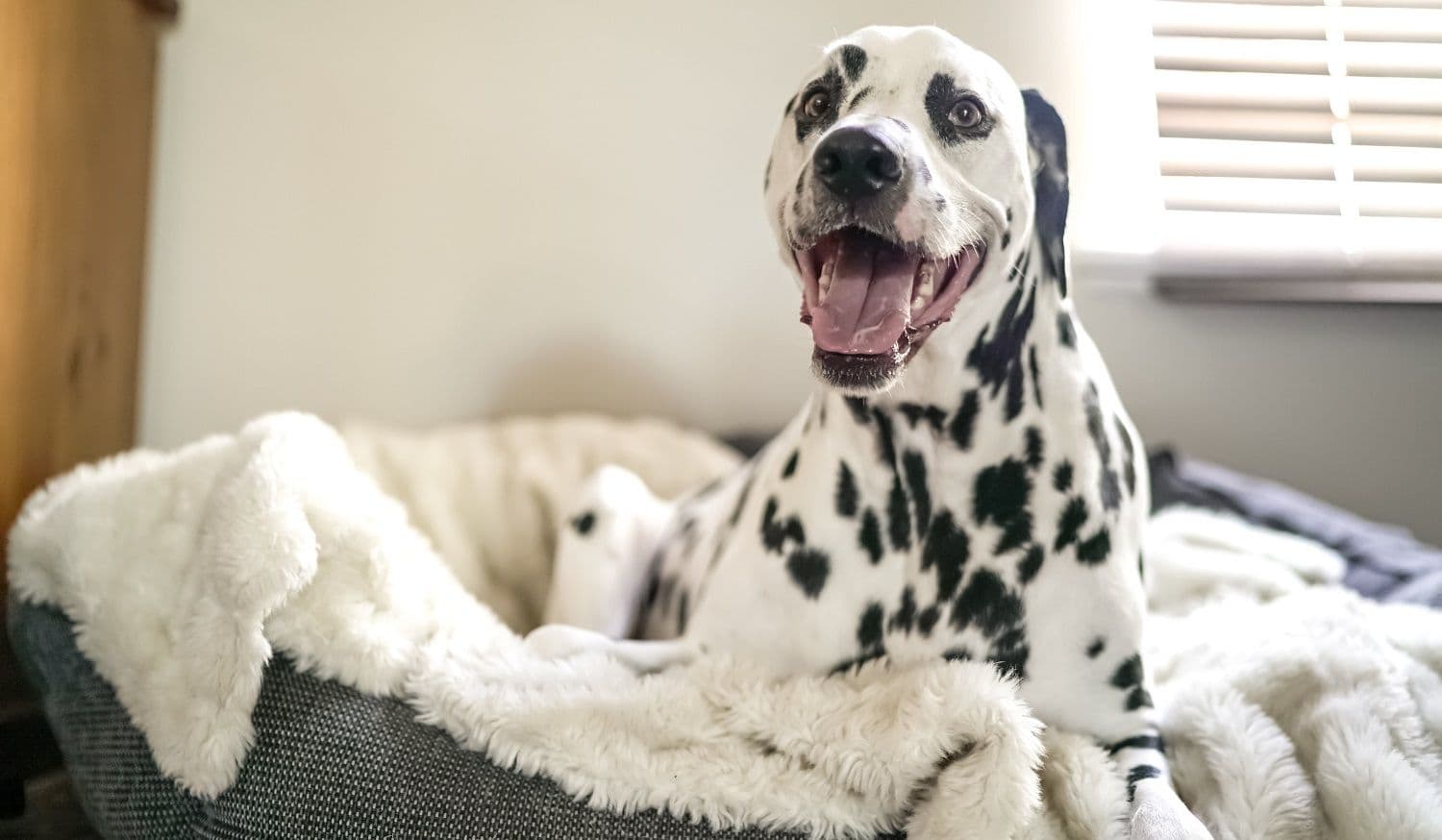Bad Breath in Dogs: Causes and Treatments
Bad breath in dogs is a common problem that is often overlooked. Many people mistakenly consider it as normal and fail to take any measures to remedy it. However, bad breath in dogs can be a symptom of serious health issues such as stomach, digestive, and respiratory problems. It can also be due to old age or decaying teeth.
Possible Causes of Bad Breath in Dogs
Here are some possible causes of bad breath in dogs:
-
Feeding: Certain foods, like wet canned food or soft diets, stick more to the teeth, leading to greater bacterial decomposition. Bad breath occurs when bacteria from food that accumulates in your dog's mouth begin to break down and release sulfur compounds, producing a bad smell.
-
Formation of Dental Plaque or Tartar: The main cause of this problem is the lack of oral hygiene, which allows the formation of plaque on the teeth. Dental plaque is a layer deposited on the teeth made up of bacteria, components of saliva, food debris, and cells of the oral mucosa. These bacteria are responsible for bad breath in dogs.
-
Symptom of a Disease: Bad breath can be a symptom of a disease directly related to the oral cavity, such as gingivitis or periodontitis, or a completely independent pathology, such as diabetes, kidney failure, or digestive problems.
-
Trauma: Many dogs suffer broken teeth, as well as injuries to the gums or mouth due to a fall or fight. These injuries can lead to the entry of microorganisms, whose action can cause bad odors.
Treatment of Bad Breath in Dogs
To eliminate bad breath in dogs, it is highly recommended to contact a pet expert or visit your vet. A professional will be able to diagnose your dog and choose the best treatment. Other ways to prevent or treat bad breath in dogs include:
-
Brush its Teeth Daily: Daily brushing will help reduce the number of bacteria and contains certain products that reduce bad odor.
-
Use Dental Hygiene Snacks: There are snacks for dogs on the market that help maintain good hygiene and dental health. They have a rubbery but strong texture, so that when the dog chews them, they help to drag the remains of food and plaque.
-
Take Care of its Diet: A balanced and good quality diet can greatly reduce the risk of bad breath in dogs. Choose a diet that is easily digestible to avoid stomach problems and preferably dry, as chewing also helps clean teeth.
-
Use Mouthwashes: There are mouthwashes specifically designed for dogs and cats to improve breath and promote teeth cleaning. These are solutions for daily use that can be mixed with water to facilitate their administration.
-
Use Chew Toys: Playing with toys that encourage chewing helps prevent tartar and strengthen teeth.
-
Use Algae Supplements: Certain algae, such as Ascophyllum nodosum, can help reduce bad breath in dogs by up to 60%. These products are available in the form of dietary supplements that are mixed with the animal's usual food, or in the form of snacks or treats.
For more information, talk to one of our Pet Experts and get customized advice by submitting a request in our Mavyn website.
